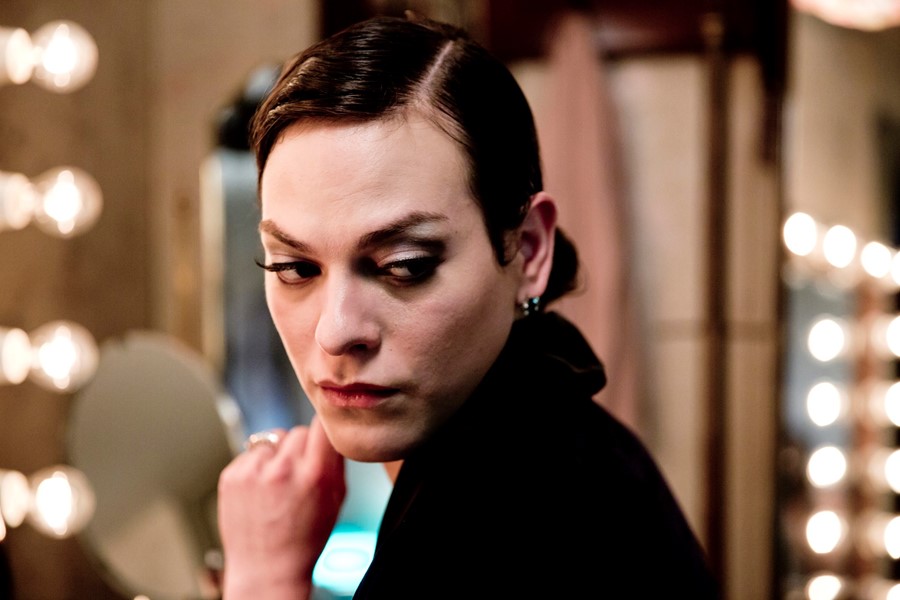From a gripping documentary examining race relations in the US to a compelling coming-of-age drama, we chart ten films to watch out for in the year ahead
One of Europe’s most exciting film festivals, the Berlinale is known for its top-quality programming and international outlook; films by well-known directors are shown alongside independent projects by new faces. Now in its 67th year, the festival’s influence has only grown stronger with distributors, filmmakers, and audiences alike. In case you missed the action at Potsdamer Platz, here are ten of the best films that premiered this year.
1. Una Mujer Fantástica (A Fantastic Woman)
Known for his 2012 festival hit Gloria, Chilean director Sebastián Lelio returned to the Berlinale with Una Mujer Fantástica, another excellent film about a marginalised female protagonist. Set in Santiago, Marina is a transgender woman who falls in love with Orlando, a married man 20 years her senior. When Orlando suddenly passes away, Marina deals with hostility from his family, invasive questions from the police, and her own grief. In the face of anti-transgender prejudice and violence, Marina stays strong and fights for her right to mourn her loss.
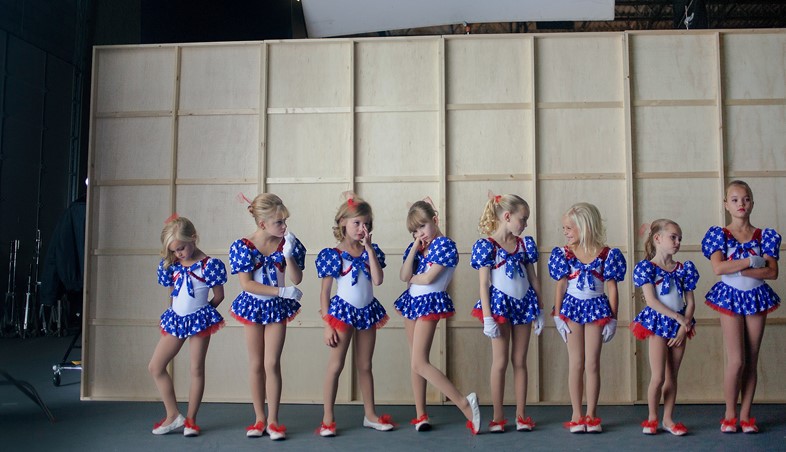
2. Casting JonBenét
Directed by Kitty Green, Casting JonBenét turns the crime documentary genre on its head. For those unfamiliar with the story: JonBenét Ramsey was a six-year-old beauty queen whose unsolved murder was highly publicised in the United States. Under the pretense of looking for actors to play JonBenét in a fictional movie, Kitty Green speaks with local actors from the victim’s hometown in Colorado. Each actor shares a different version of the murder story and explains their personal connection to past events. As we watch their ‘auditions’ it becomes clear how flawed our memory of the past can be, how quickly rumours can spread, and assumptions based on too little information can turn into certainty. Casting JonBenét is not about JonBenét – her story has been told – it’s about our inherently flawed memories and how easily false facts can spread and resonate with people.
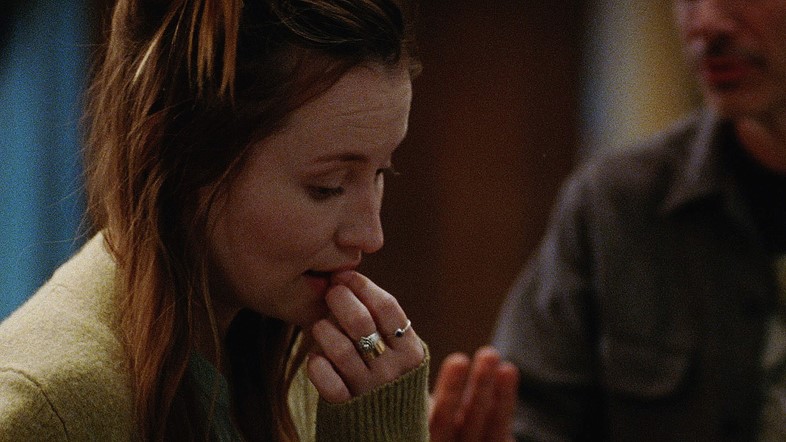
3. Golden Exits
“People never make movies about ordinary people,” lead character Naomi (Emily Browning) tells her boss. Ironically, Golden Exits is precisely that: a film about relatively ordinary people in their twenties, thirties, and forties living in Brooklyn and dealing with the challenges of managing family obligations, romantic relationships, and career choices. Directed by Alex Ross Perry, the story follows Naomi, an Australian 25-year-old who spends a few months in New York. She works for an archivist in charge of cataloguing his deceased father-in-law’s materials, and in the process, learns about the family’s tensions. The film features an excellent cast, including Chloë Sevigny, Mary-Louise Parker, and Jason Schwartzman, whose characters give long monologues, yet never quite say what they’re feeling.
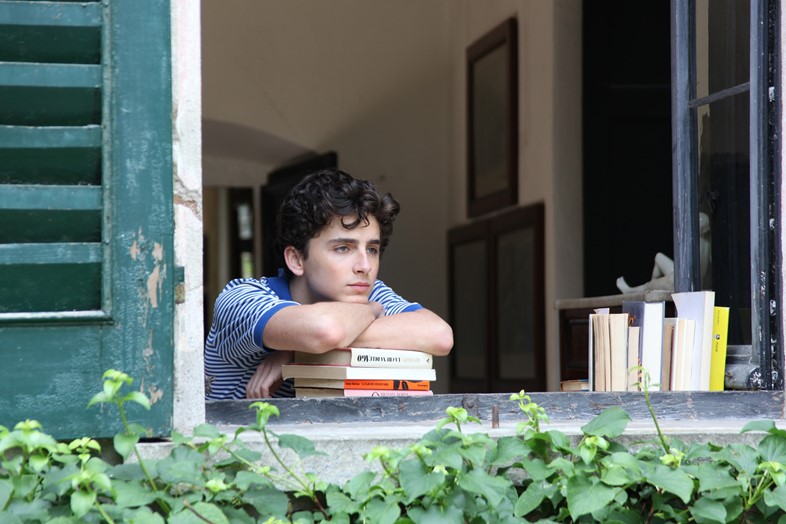
4. Call Me By Your Name
Based on the André Aciman novel of the same name, Call Me By Your Name tells the story of Elio Perlman (Timothée Chalamet), a 17-year-old spending the summer relaxing at his father’s villa in northern Italy. One day, his father’s new American assistant Oliver (Armie Hammer) arrives at the estate, and charms Elio with his confidence and good looks. As the two young men begin to spend time together, their mutual attraction becomes more intimate and intense. Elio’s coming-out story captivated critics and audiences alike at the festival, and is sure to do well once in theatres.
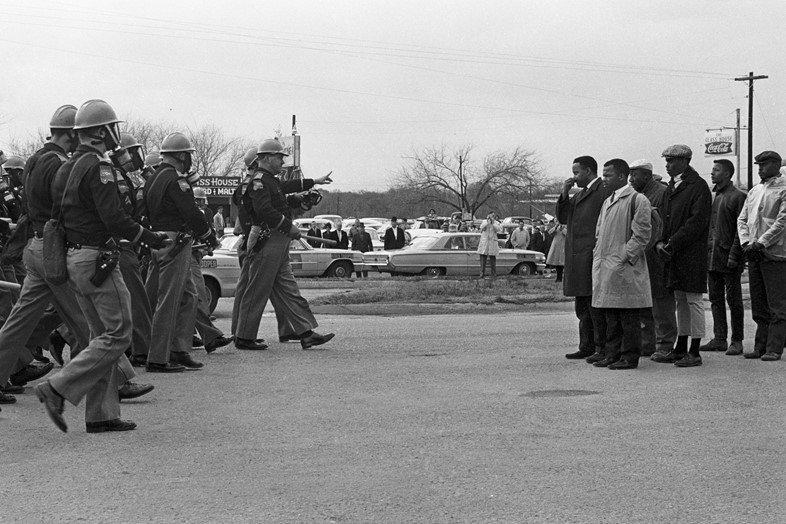
5. I Am Not Your Negro
Raoul Peck’s Oscar-nominated documentary I Am Not Your Negro examines race relations in the United States through the work of James Baldwin, a brilliant black American writer and fighter in the Civil Rights Movement. The director takes words and images from Remember This House (1979), Baldwin’s unfinished reflections on his memories working with black leaders Malcolm X, Martin Luther King Jr. and Medgar Evers, as well as his own experiences with racial discrimination. Peck’s timely film moved audiences at the festival, and encouraged viewers to discuss how things may have changed since the 1970s – or haven’t.
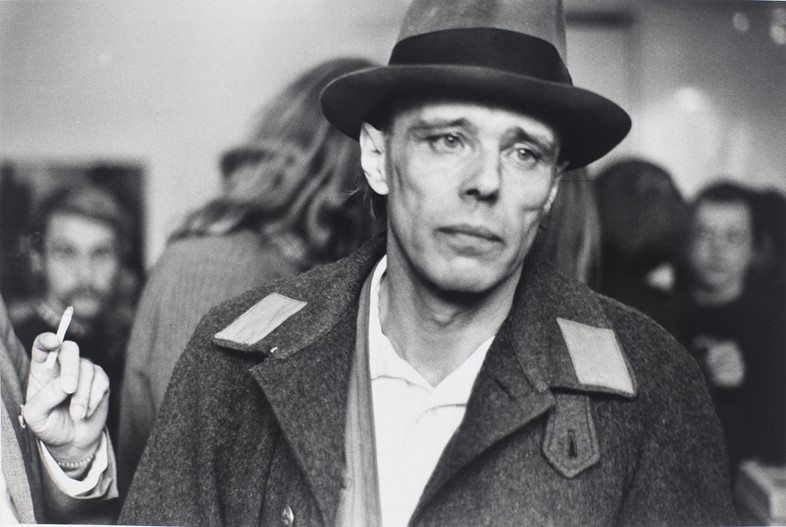
6. Beuys
30 years after his death, German artist Joseph Beuys’ work continues to influence today’s art world. His unique sense of humour – Beuys is famous for explaining the meaning of art to a dead hare – helped him to ignore critics and question the very definition of art. Director Andres Veiel lets Beuys tell his own story through unpublished audio and video footage. Instead of offering a clear narrative for Beuys’ life story – or a universal explanation of Beuys’ conceptual artwork – the film raises more questions about the man and his work than it answers. And that’s just how Beuys would’ve wanted it.

7. Have a Nice Day
Chinese director Liu Jian’s Have A Nice Day offers a grim look at the world of Chinese crime. The film draws together an ensemble cast from many walks of life – experienced criminals and people tired of difficult living conditions and in need of money – to look at how greed, violence, and social inequality have shaped modern Chinese life. Jian’s dark view of the country’s radically changing cities is sure to spark a discussion of capitalist policies and how money drives us.
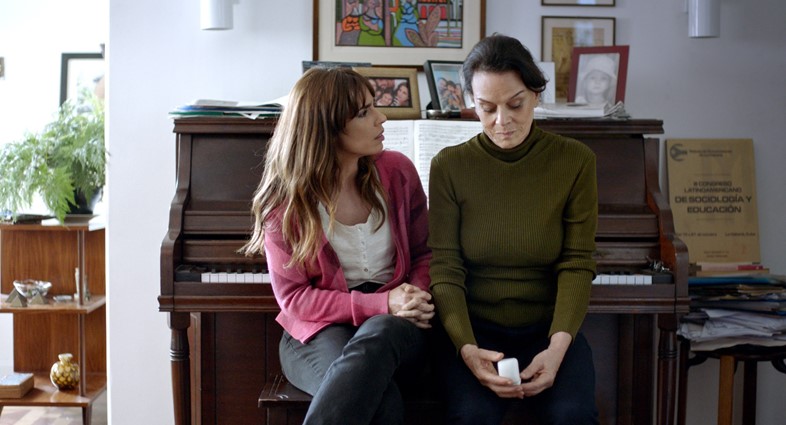
8. Como Nossos Pais (Just Like Our Parents)
Set in São Paolo, Brazilian writer and director Laís Bodanzky tells the story of Rosa, a woman in her late 30s who takes care of everyone in her life: her divorced parents, her husband who is often away on research trips, and their two daughters. Instead of following her dream of writing plays, she is forced to write advertising copy for a bathroom tile company to support her family. When Rosa’s mother tells her the story of her affair, she begins to question her usual obligations and find out who she really is. A film with feminist undertones, this cinematic portrait of three generations sends a subtle message about the challenges women face when it comes to balancing family ties with finding self-fulfilment.
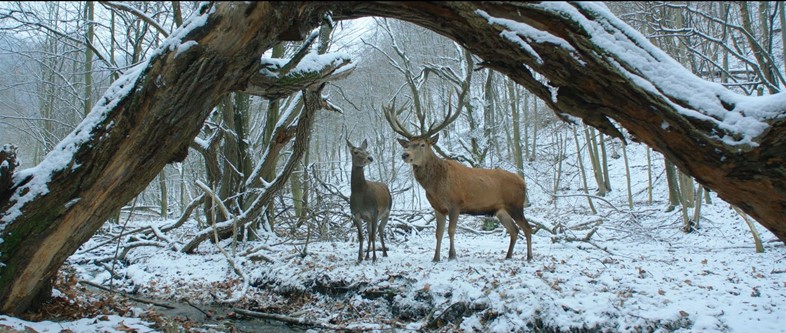
9. Testről és Lélekről (On Body and Soul)
The winner of the Golden Bear Award, the beautiful film On Body and Soul opens with an image of a deer and buck wandering across a snowy forest; it’s only as the story unfolds that we realise these figures represent the two human protagonists, Mária and Endre. Set in a Hungarian slaughterhouse, new quality controller Mária gets to know her boss Endre, and they come to realise they have the same dreams at night. The two shy protagonists carefully attempt to make their dreams come true, and in the process, begin to step out of their respective shells. A subtle, and sometimes funny film, writer and director Ildikó Enyedi tells a touching, romantic story about the challenges of opening up to a new partner, and the satisfaction that comes when you finally do.
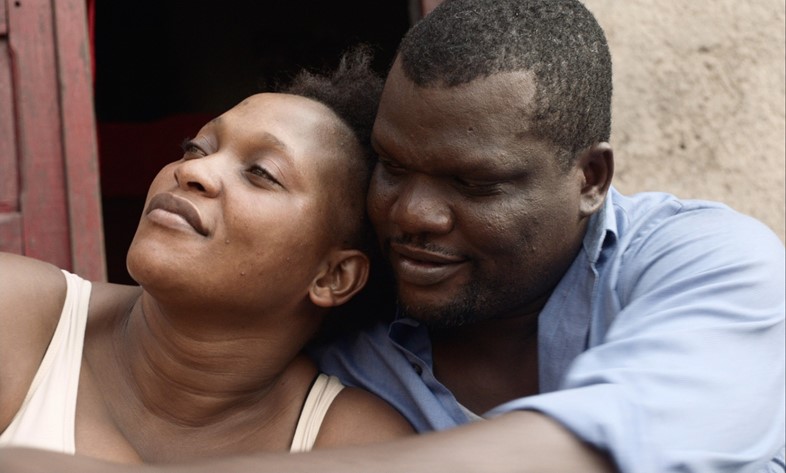
10. Félicité
Set in Kinshasa, Félicité is a character study of a strong single mother and talented singer. When she’s up on stage, she leaves her worries behind and lets the rhythm take over. Her life is interrupted when her son has a terrible accident and ends up in hospital. Desperate to raise money for his operation, Félicité’s character leads the audiences on a whirlwind tour of the Congolese capital, through it poorest and wealthiest districts. The visually striking film celebrates Félicité’s strength in the face of hardship, and the poetry and music that helps her through her struggles. At the end of the festival, Félicité was awarded the Silver Bear Grand Jury Prize.
